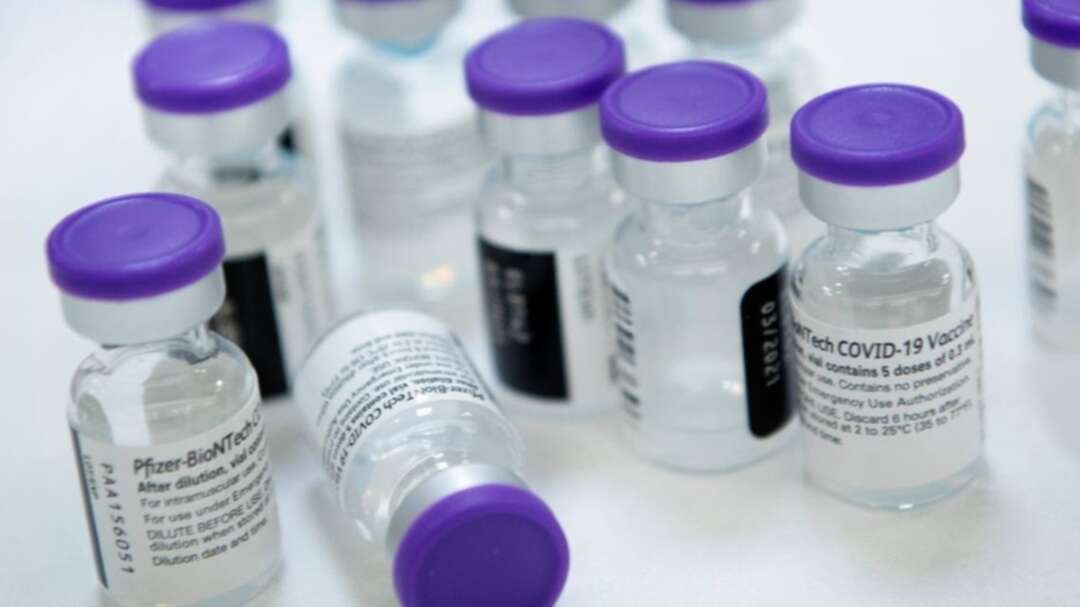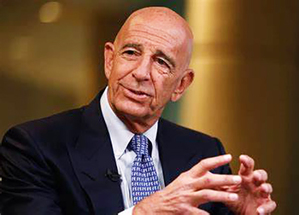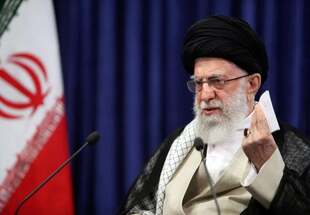-
Researchers urge for delay in administering second dose of Pfizer vaccine

Two Canada-based researchers on Wednesday urged governments to delay administering the second dose of Pfizer Inc’s COVID-19 vaccine, which they said had an efficacy of 92.6 percent after the first dose, as it was not significantly beneficial in the short term.
Danuta Skowronski and Gaston De Serres said their findings were derived from Pfizer’s documents submitted to the US Food and Drug Administration (FDA).
These findings were also similar to the first-dose efficacy of 92.1 percent reported for Moderna Inc’s mRNA-1273 vaccine, Skowronski and De Serres said in their letter published in the New England Journal of Medicine.
They cautioned that there may be uncertainty about the duration of protection with a single dose, but said that the administration of the second dose a month after the first provided “little added benefit in the short term”.
“Given the current vaccine shortage, postponement of the second dose is a matter of national security that, if ignored, will certainly result in thousands of COVID-19–related hospitalizations and deaths this winter in the United States,” the authors warned.
In its response, Pfizer said that alternative dosing regimens of its vaccine had not been evaluated yet and the decision to do that resided with the health authorities.
“We at Pfizer believe that it is critical for health authorities to conduct surveillance on implemented alternative dosing schedules to ensure that vaccines provide the maximum possible protection,” the company added.
In Britain, authorities have said that data supported its decision to move to a 12-week dosing schedule for Pfizer’s COVID vaccine. Both Pfizer and its partner BioNTech have warned that they had no evidence to prove it.
However, the US FDA and the European Medicines agency (EMA) have stuck by the interval tested in the trials.
EMA has said there should be a maximum interval of 42 days between the first and the second shot of the vaccine, while FDA mandates a gap of 21 days between the two doses of the Pfizer vaccine.
source: Reuters
Image source: AFP
Levant
You May Also Like
Popular Posts
Caricature
BENEFIT Sponsors BuildHer...
- April 23, 2025
BENEFIT, the Kingdom’s innovator and leading company in Fintech and electronic financial transactions service, has sponsored the BuildHer CityHack 2025 Hackathon, a two-day event spearheaded by the College of Engineering and Technology at the Royal University for Women (RUW).
Aimed at secondary school students, the event brought together a distinguished group of academic professionals and technology experts to mentor and inspire young participants.
More than 100 high school students from across the Kingdom of Bahrain took part in the hackathon, which featured an intensive programme of training workshops and hands-on sessions. These activities were tailored to enhance participants’ critical thinking, collaborative problem-solving, and team-building capabilities, while also encouraging the development of practical and sustainable solutions to contemporary challenges using modern technological tools.
BENEFIT’s Chief Executive Mr. Abdulwahed AlJanahi, commented: “Our support for this educational hackathon reflects our long-term strategic vision to nurture the talents of emerging national youth and empower the next generation of accomplished female leaders in technology. By fostering creativity and innovation, we aim to contribute meaningfully to Bahrain’s comprehensive development goals and align with the aspirations outlined in the Kingdom’s Vision 2030—an ambition in which BENEFIT plays a central role.”
Professor Riyadh Yousif Hamzah, President of the Royal University for Women, commented: “This initiative reflects our commitment to advancing women in STEM fields. We're cultivating a generation of creative, solution-driven female leaders who will drive national development. Our partnership with BENEFIT exemplifies the powerful synergy between academia and private sector in supporting educational innovation.”
Hanan Abdulla Hasan, Senior Manager, PR & Communication at BENEFIT, said: “We are honoured to collaborate with RUW in supporting this remarkable technology-focused event. It highlights our commitment to social responsibility, and our ongoing efforts to enhance the digital and innovation capabilities of young Bahraini women and foster their ability to harness technological tools in the service of a smarter, more sustainable future.”
For his part, Dr. Humam ElAgha, Acting Dean of the College of Engineering and Technology at the University, said: “BuildHer CityHack 2025 embodies our hands-on approach to education. By tackling real-world problems through creative thinking and sustainable solutions, we're preparing women to thrive in the knowledge economy – a cornerstone of the University's vision.”
opinion
Report
ads
Newsletter
Subscribe to our mailing list to get the new updates!






















